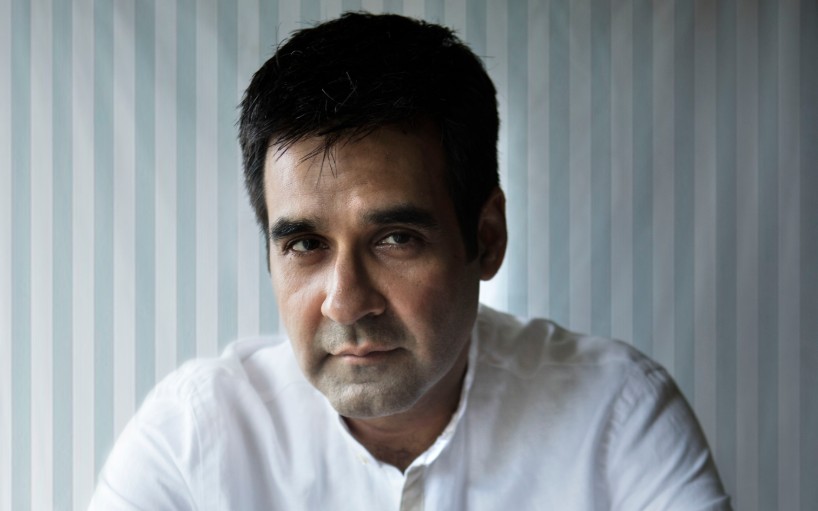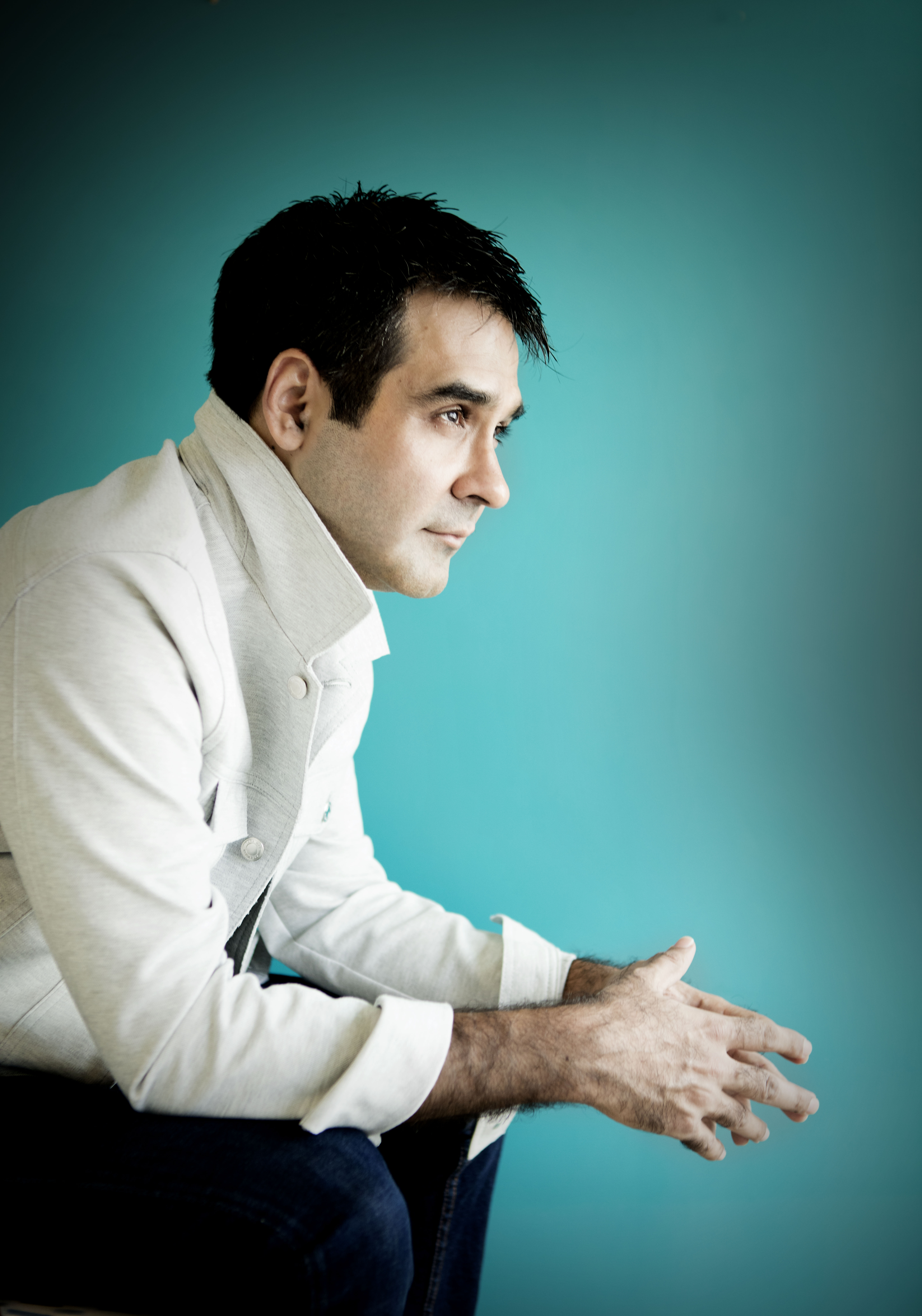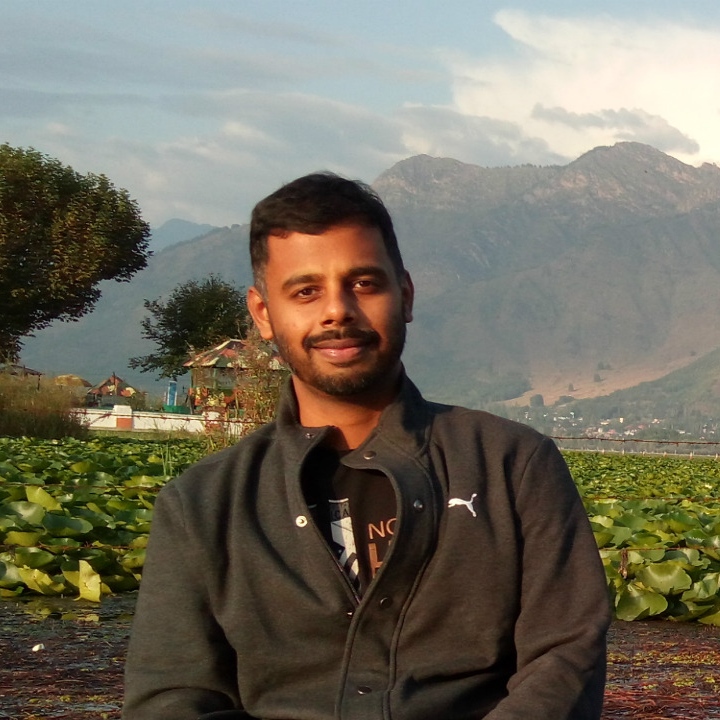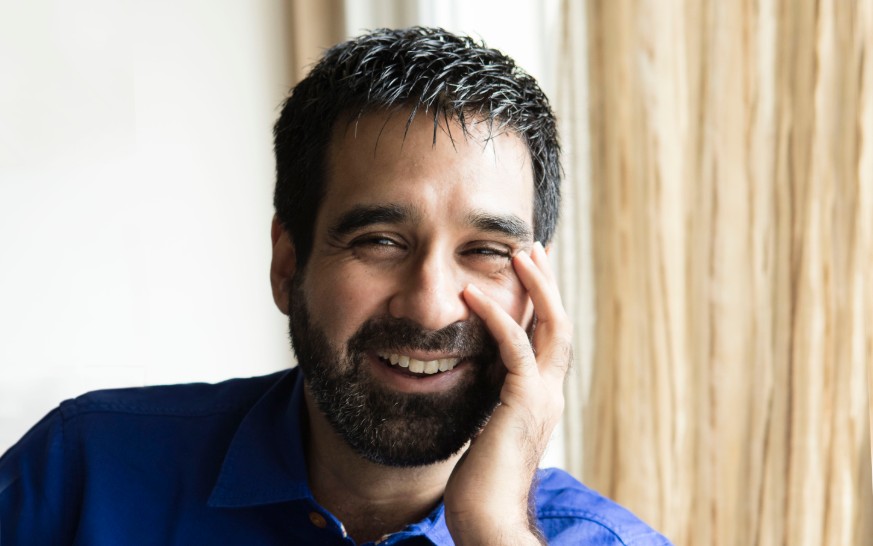Actor Mukul Chadda is best known for playing Jagdeep Chadda in the Hindi remake of The Office. The character, Jagdeep, is an endearingly shallow man-child who, as the branch manager of a paper company, prides himself on being a “buddy” to his employees, not to mention their role model. Yet, years ago, it was Mukul himself who found himself lost in his career, precisely because his investment banking job seemed to offer no role models…or a future he could look forward to. A disillusioned Mukul quit his job and returned to India in 2004, to start his life and career all over again—although Finance remained the back-up plan, should all else fail (he had a degree from IIM-Ahmedabad, after all).
Over the next few years, Mukul negotiated the labyrinthine paths of Mumbai’s entertainment industry as a writer, and theatre, improv comedy and ad film artist, before landing some film and television roles, and eventually bagging the role of Jagdeep Chadda in The Office. It is a world and career as far-removed as possible from the frenzied, wealth-obsessed trading-floor life of a Wall Street investment banker. And Mukul admits to entertaining his fair share of anxiety and doubt about whether he was “good enough to be a full-time actor”. But with initial criticism of the Indian remake giving way to praise, he is relieved that even some of the hard-core fans of the original British and American series seem to have accepted him in the role.
In conversation with Thrive Global India, Mukul Chadda talks about how he made the ‘big shift’ and learnt to take the pressure and uncertainty in his stride.
Thrive Global India: You sold mortgages and bonds for Lehman Brothers in the US for six years. What made you want to quit?
Mukul Chadda: I think the great part of getting to work at the home of Finance from a young age was that two things became clear to me very early on: One, it wasn’t going to get better than this, if I attempted to work elsewhere in Finance; and Two, I didn’t really want to be here.
When I looked around at the people senior to me on the trading floor, I didn’t really get inspired by their lives or jobs. It is very defeating while working to not have a role model whom you’d like to emulate. Initially, I shifted positions a few times to try and find a better fit—from Mortgage Sales in New York, to Mortgage Sales in Chicago, to Government Bonds & Derivatives Research back in New York. But none of those changes made a huge difference. After a while, I realised I was passing time. I didn’t really see myself on Wall Street long term. What exactly was missing is hard to answer. But it doesn’t really matter. Either you’re motivated towards a goal, or you’re not. And if you’re not, you might as well change track because it is very unsatisfying to be on a path that you’re not excited to be on.
I wondered whether my desire to return to India was holding me back from being motivated and driven in my career at the time. At some point, I realised I just needed to quit and move back to India and try it out. Either I’d be happier, or even if I wasn’t, I’d finally manage to exorcise those ghosts that were holding me back. So after a lot of deliberation, I finally quit my job and told my boss I wanted to try out going back to India—in the hope that if things didn’t work out, I could return to Lehman, with renewed vigour.

TGI: Was there someone whose advice you sought about this decision?
Mukul: My friends and parents knew what I was going through. In fact, it was my mother, who said, “Just come back and get this India thing out of your system once and for all.” I’m not sure if she wanted me to come back for good, or if she thought I would be disillusioned after coming back, and would then return to the US with a clearer mind. But it clarified a lot of things for me.
At work, no one knew a thing; I had kept my confusions well-hidden, for obvious reasons. But during a discussion one day, an older colleague of mine, who had had a completely different job before he came to Lehman, said something that addressed my internal demons. He said, “Our generation is very lucky that over our lifetimes, we could finish with five varied and completely different careers.”
That line really spoke to me, and has resonated with me ever since. Until then, I was always stuck, unable to leave what I was doing, because I couldn’t think of the “perfect” alternative that would make me happy. And in one stroke, what he said reduced the pressure off whatever I might attempt next. Because the next move needn’t be permanent either. I think that line really helped me make the break.
TGI: Were you drawn to entertainment or comedy in your younger days?
Mukul: I did most of my schooling in Chennai. I was a fairly successful student, even if not a hardworking one, and got good grades. But when it came to extra-curricular activities— debating, drama, quizzing, etc—I was enthusiastic and also competed successfully. I was especially drawn to theatre. I was not only on stage in school plays, but I also worked with The Madras Players, a professional theatre group, in a couple of commercial plays. That interest continued in college too; I got more and more involved in theatrical productions, sometimes at the cost of my academics. However, comedy as an art form was unheard of while I was growing up. Even now, I see myself as an actor and not a comedian, even when doing improv, which sits at a happy intersection of the two.
TGI: Did you have a ‘life plan’ when you graduated from IIM-Ahmedabad?
Mukul: I’ve never been one to have a long-term plan. But I suppose I imagined I’d be working in Finance for a large part of my life. I had gotten a job with Lehman Brothers in New York, and was very excited about it. For some reason, I was very clear even back then that I wanted to return to, and live in India eventually. So I viewed my stint on Wall Street as a learning experience that I could eventually use while working in Finance in India.
TGI: Did your background or experience prepare you at all for what awaited you in India?
Mukul: Of course not (laughs). I was making as drastic a switch as possible—from finance in New York to theatre in a new city, Mumbai. It was hard to break into theatre initially, and even harder to break into films and television.
To be honest, when I came back, I wasn’t sure what I wanted to do next. The bigger goal was moving back to India. I hadn’t zeroed in on what Career #2 was going to be. So I decided to take a year-long sabbatical, and engage in writing and theatre, until I figured out what Career #2 was going to look like. I had been taking writing and acting classes while in New York, and I thought the break might be a good time to explore these avenues further.
Even then, I never thought I would become a full-time actor. But I think telling myself that theatre was a sabbatical took the pressure off thinking of acting as a career, which allowed me to venture in without being daunted by the future. On the flip side, had I been clear that it was my next career, I might have pushed harder to get more and more work earlier on.

TGI: What kind of gigs did you do initially after returning to India?
Mukul: My first play was Bansuri, directed by Sunil Shanbag, which opened at the Prithvi Festival. After I was first seen on stage, getting more work became easier, and I just kept doing one play after the next, trying to make the most of my “sabbatical”.
[My] year-long sabbatical…slowly segued into two years, and then just kept going. Through theatre, I got called to do a television car commercial with Rohan Sippy (he saw me in a play), which suddenly led to a lot more work in commercials. This was helpful, as it paid the bills, and allowed me to continue acting. I found myself going for film auditions when called, even though I hadn’t “planned” to become a full-time actor. There was a fair bit of confusion in my mind at that time. On the one hand, I was enjoying acting (the writing didn’t really go anywhere); on the other hand, I kept telling myself it wasn’t a permanent career. Perhaps I was too scared to make that admission to myself. And of course, acting as a career has its many ups and downs, which can create self-doubt in even the most committed person.
But over time, I found I wasn’t able to leave acting altogether, even as I dabbled with some part-time work in Finance at one point. Eventually, my preferences and actions revealed to me that I wanted to be a full-time actor.
TGI: Life must have been very different, especially at the beginning. Did you ever doubt your decision to quit your corporate job?
Mukul: Oh, my life became very different. From a structured environment, where I wore a suit everyday and went to an office from 7am-6pm, to a completely unstructured day, where one had to find ways to be productive or deal with the bouts of unproductivity; from a regular and healthy paycheque, to not knowing where my next cheque was coming from, and having to negotiate and chase payments myself.
But I took to it very well, which overall made me feel comfortable with the decision I had made. There were many challenges: how to further the writing I planned (which went nowhere), in the plays and the roles I was doing, in figuring out how to sustain this new life financially, etc. I often questioned certain choices I had made in this new life and “career”, but I never once thought of going back to Lehman. I guess that settled the most basic question for good.
TGI: Does life feel more ‘settled’ today? What are your personal and professional goals now?
Mukul: I think one is never fully “settled” as an actor. It is such an erratic career that one can always have periods of self-doubt, even after periods of great confidence. Right now, things look wonderful for everyone in content creation, because we are in a boom period—a golden era. So much new and different kinds of content is being made that it’s absolutely wonderful to be an actor right now. Having acted in The Office has opened [so] many avenues for me that yes, life does feel a lot more “settled” than when I first started. But I’m fully aware that all this can change as well, and who knows, I might choose to embark on Career #3 at some point in the future. Writing, for instance, remains a desire I want to get back to at some point. That being said, at this point I would really like to make the most of the Golden Period we are in, and do lots of varied and interesting roles as an actor. I think it’s truly a gift to be able to work at and be paid for something one truly enjoys, and I’d love to make the most of it.
TGI: Having seen two very different worlds, what are your conclusions about the idea of making a fresh start in life?
Mukul: I think these are very personal questions and decisions. There’s no right answer. It’s a journey each person has to explore and discover for themselves. All I would say is that if in serious doubt, it’s worth trying out a different path; more often than not, you can always go back to the original path if you discover that you don’t like the new one. Better that, than living with doubt. But again, everyone’s circumstances are very different.
Want to share your story of how you thrive? Write to us at [email protected]


